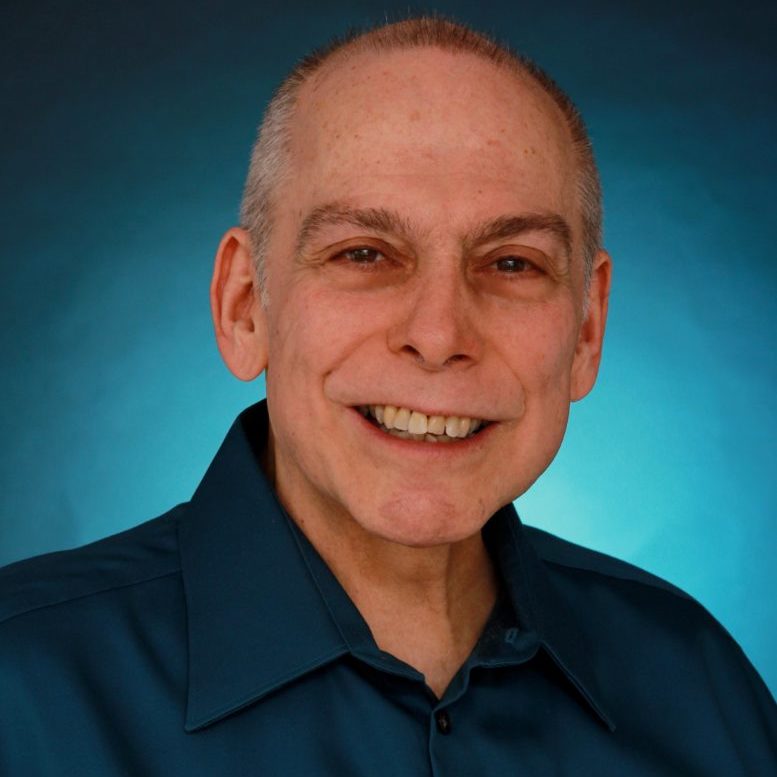What to expect from inpatient treatment
Considering entering inpatient or deciding to go inpatient can be scary, especially since you may not know how to choose a program that’s right for you or know what to expect. It’s important to realize that choosing the right one for you means going to a program that meets your needs.
For example, good questions to ask are
- > > > how far is it located from family and friends?
- > > > will your treatment be covered by insurance?
- > > > how much time will you have to spend there, and does the program provide follow-up services?
To help you know what to expect from inpatient treatment here’s some information that may not be accurate for all programs. When you call the program, the intake worker will conduct an over-the-phone and/or in-person interview with you. The purpose of that conversation is to determine if your addiction qualifies you to be accepted, if you need detox services, and to answer your questions.
There’s usually a certain amount of time within the first one or two weeks of the program that you’ll not be able to communicate with family or friends so that you can focus on your recovery.
The treatment component of the program usually includes group and individual counseling that tends to focus on education about addiction and relapse prevention as well as attendance at 12-Step and/or Smart Recovery groups. You’ll also have time to complete assignments and communicate with peers in the program.
It’s important to remember that your thoughts and attitude about being in treatment will affect how much that experience will contribute to your ongoing recovery.
If you have a defeatist or pessimistic attitude, that will have an adverse effect on your recovery.
Having an optimistic or positive outlook about your recovery will contribute to you benefitting the most from the treatment you receive.
Being open-minded about your experience and accepting the challenges of early recovery will give you the best chance of achieving your treatment goals.
And please remember that my program is designed to help you manage your thought during the treatment or after you leave the treatment center.

Alan Simberg Ph.D.
Alan Simberg, Ph.D. has been trained as a Life Mastery Consultant through Mary Morrissey’s Life Mastery Institute. He is certified in Applied Clinical Nutrition and is also a certified NET (Neuro Emotional Technique) practitioner. This background in combination with his being trained and licensed as a Marriage and Family Therapist and Chemical Dependency Counselor and his 50 plus years of clinical experience have provided him with a wealth of knowledge and understanding.
